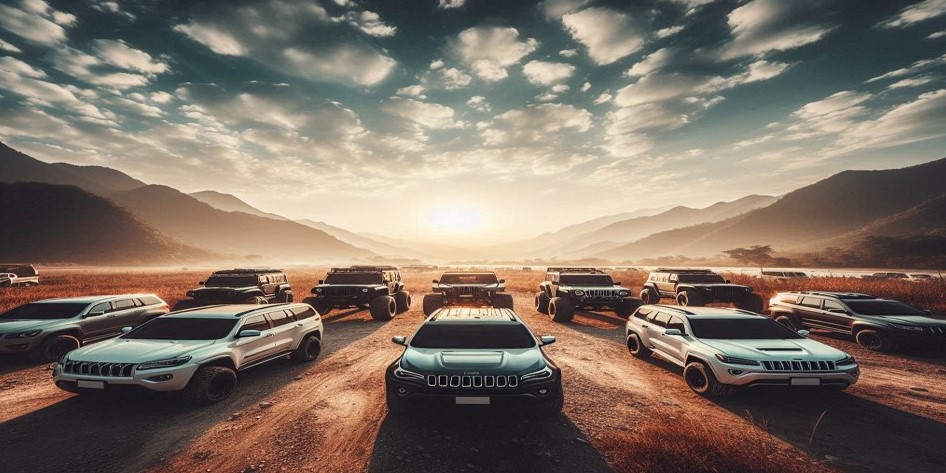Sports Utility Vehicles, more popularly called SUVs, caught the fancy of people for their perceived secure features. The height and bigger bodies were believed to offer safer rides to the occupants. With comfortable head and legroom, tall people had no more complaints when driving an SUV. However, if the objective of buying a car is for off-roading, remember that not all SUVs will serve the purpose. The off-roading chassis, also known as body-on-frame chassis, offers flexibility to the structure for rugged surfaces. Additionally, a four-wheel-drive gives better grip and thrust to the wheels over an all-wheel-drive model. When shopping for SUVs like Perodua Aruz 2024, list your requirements and the available characteristics of different SUVs, because every big vehicle is not a sports utility car.

Nowadays, SUVs come in different sizes, and some models are spin-offs or extensions of what was originally considered as sports cars. Ironically, this is both good and bad. This development is good because there are a variety of models to choose from. It’s bad since there is hardly any difference from one another. Selecting an SUV becomes challenging unless you are guided about the features offered. The power of one SUV is not comparable in totality with another unless they have the same frame, number of cylinders, and wheel-drive, in terms of performance. Here are some points to consider when buying an SUV:
- Type of Chassis
The popular choice of chassis for SUVs is monocoque and unibody chassis. Though slightly different, both terms are used interchangeably. It is lighter in weight and offers a complete shell for the exterior frame of the car. However, it is not great for off-roading. For riding a rough patch, the body-on-frame chassis is better suitable as it offers more ground clearance when navigating difficult paths.
- Size And Space
In increasing order, SUVs are available in compact, crossover, mid, and full sizes. Depending on a person’s needs and utility, one can settle for a car that suits them best. Bigger cars, with lower engine capacity are big no, as there is never enough thrust to move the car. Compact cars are suitable for first-time drivers and crossover SUVs with monocoque chassis, and an all-wheel-drive, are suitable for family trips. Mid-size SUVs have more room and seating capacity. They can be used for basic off-roading. Some trucks fall under this category. Full-size SUVs are the strongest cars with better grip and ability to pull trailers and carry any haul. However, they offer lower miles per liter of fuel.
- Engine Capacity
Compact and crossover SUVs have three to four cylinders for fuel efficiency. They are not powerful but offer better mileage. Mid-size SUVs also use four cylinders with extra turbocharge for power that balances the vehicle. Some may run on six cylinders for even distribution of power. Full-sized vehicles are powerful SUVs that use six to eight cylinders.
Conclusion:
The efficiency of drivers and their skills can override the ability of vehicles in some cases. However, a vehicle that suits our needs will offer optimum benefits when selected after checking all the major points.
